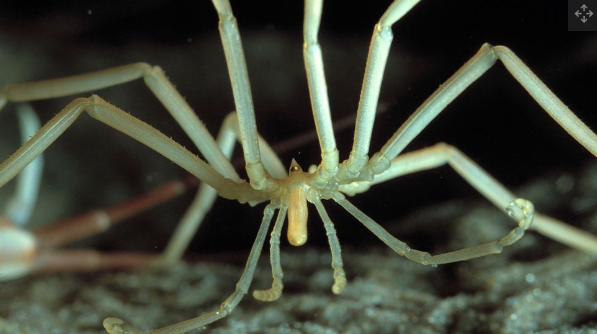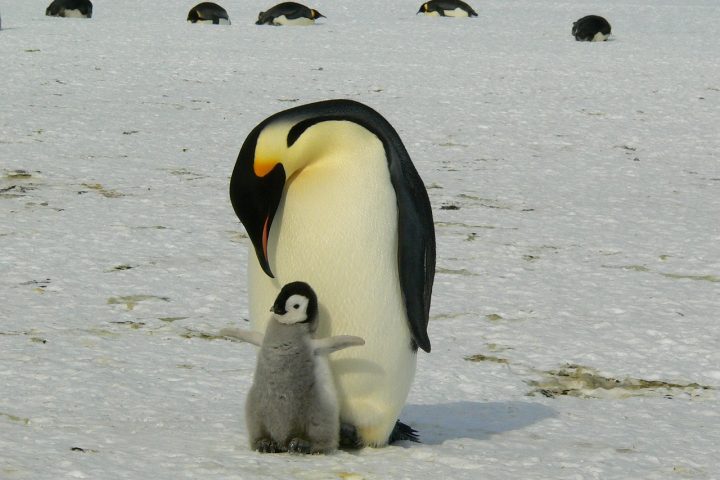Large numbers of Antarctic fish have been found with skin tumors in the Arctic in a never-before-seen outbreak. Researchers from Ohio University in the US explained that the disease is spreading as a result of global warming changing the fish’s habitat.
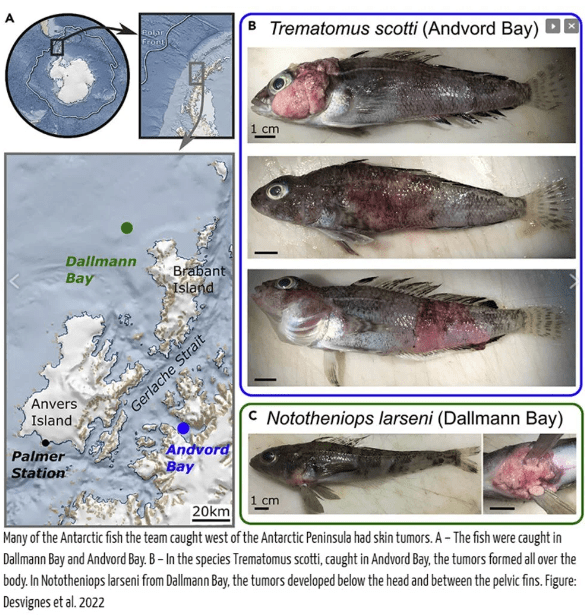
According to new research published by researchers at Ohio University in the US, the pale pink and raised tumors appeared in fish living in the South Pole. In some cases, the tumors covered more than a third of the fish’s body surface.
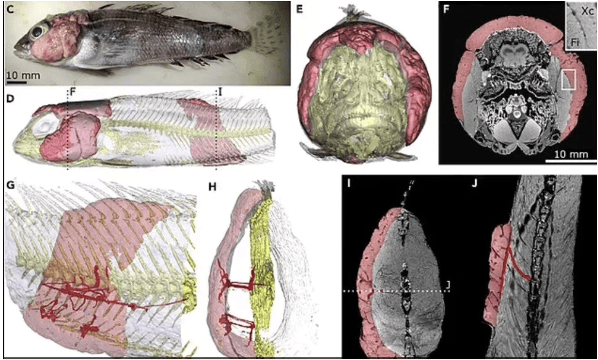
RISING AIR TEMPERATURES TO BLAME
Thomas Desvignes, lead author of the study published in Science, said: “When living conditions become more difficult, animals become more prone to disease. Glaciers have melted due to rising air temperatures. The waters of the Southern Ocean have been environmentally stable and chronically cold, near freezing for the last 15-20 million years. The climate in Antarctica is changing rapidly with rising air temperatures and melting glaciers.”
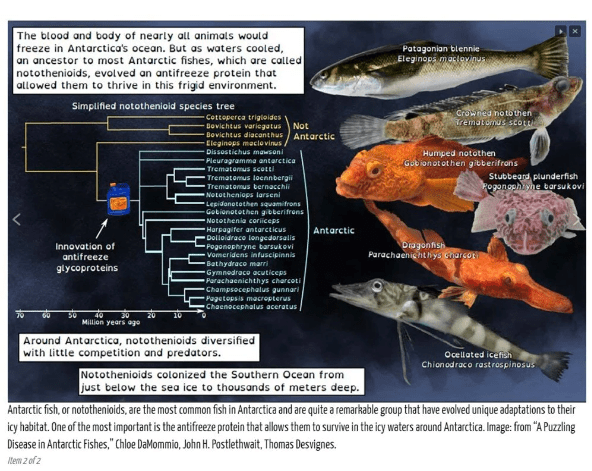
As part of the study, Desvignes, along with biologist John Postlethwait, visited a small fjord on the West Antarctic Peninsula to study a group of fish called notothenioids.
The authors of the study said they wanted to specifically study these fish, which migrate from the Atlantic to the Antarctic Ocean, because they have evolved to withstand cold waters. The fish in question have a special protein that prevents their blood from freezing.
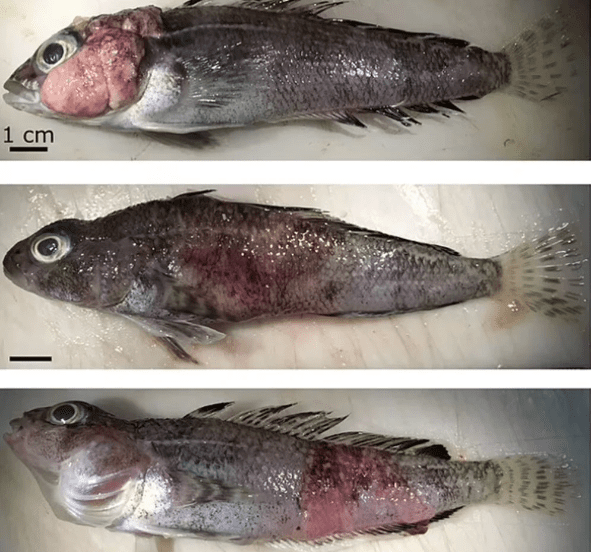
The team said they collected several infected fish and took them to the laboratory for further examination.
Scientists determined that the parasites causing tumors in the animals belonged to a different genus than other parasites seen in previous cases of X-cell disease.
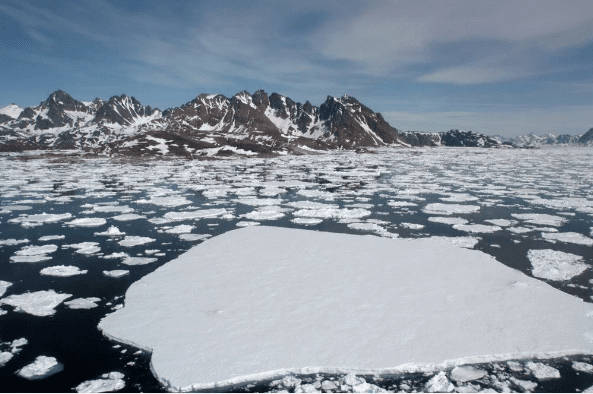
WATER BECAME LESS SALTY AS THE ICE MELTED
“It can be difficult to attribute an outbreak to a specific cause. But Antarctic ecosystems are particularly vulnerable to the effects of climate change and are seeing rapid changes. For example, as the ice melts, nearby water becomes less salty. And the bottom water where these notothenioids live is becoming warmer and less salty particularly quickly. ‘Climate change may also affect the life cycle of the parasite, perhaps making it more effective at spreading and transmitting,’ he concluded.


